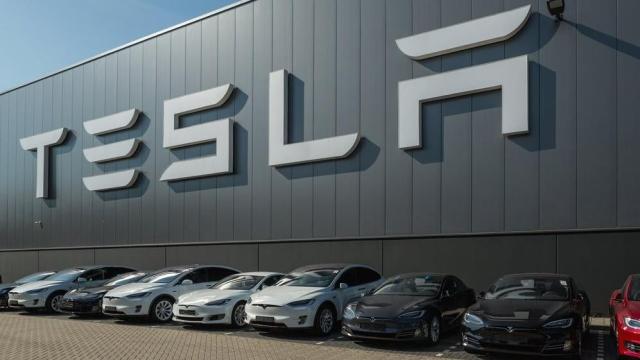The U.S. Department of Justice (DoJ) issued a subpoena to Tesla in relation to its Autopilot and FSD (full self-driving) features, the company revealed in an SEC filing on Monday. The subpoena follows the DoJ’s request for documents and additional information about Tesla’s driver assistance systems earlier this year.
Tesla says it also received requests for information pertaining to “personal benefits, related parties, vehicle range, and personnel decisions” but did not provide additional details. The company claimed in the filing that, to its knowledge, “no government agency in any ongoing investigation has concluded that any wrongdoing occurred.”
The subpoena suggests that Tesla did not comply with the DoJ’s documents request in January, and Erik Gordon, a University of Michigan business and law professor, told ABC News that the DoJ generally starts with requesting documents but will issue a subpoena “if it thinks it isn’t getting full cooperation.”
Tesla acknowledged in its Q3 filing that the investigation could damage its operations.
“Should the government decide to pursue an enforcement action, there exists the possibility of a material adverse impact on our business, results of operation, prospects, cash flows, financial position, or brand,” the filing said.
Jacob Frenkel, a former SEC enforcement attorney and former federal prosecutor, told AP News that Tesla’s recognition that the investigation could damage its reputation means the company’s concerns over potential consequences could escalate to a federal civil or ciminal action. “It is reasonable to interpret these disclosures as suggesting an expanded continuing and even potentially more damaging investigation,” Frenkel said.
Tesla said in the filing that it is also under investigation for alleged misappropriated data stemming from a foreign news outlet report, and as of Aug. 5 is facing a class action by those affected by the data incident. Other additional lawsuits against Tesla seek monetary damages or other relief adding that if it doesn’t receive a favourable ruling in these cases, or if other legal proceedings, risks, and claims arise, it would further hinder the company’s financial position.
Tesla introduced its FSD software in 2015 and, as of January 2023, it faced several investigations by the National Highway Traffic Safety Administration for its Autopilot and FSD systems. Tesla discloses on its website that its FSD vehicles can’t drive themselves, but the DoJ investigated claims that the automaker suggested the cars can drive themselves when they can’t.
The NHTSA started investigating Tesla’s self-driving features after it received reports that the Tesla models crashed into emergency vehicles while in autopilot mode, and the U.S. Department of Transportation partially blamed the technology for the fatal crashes.
Tesla did not immediately respond to Gizmodo’s request for comment.
